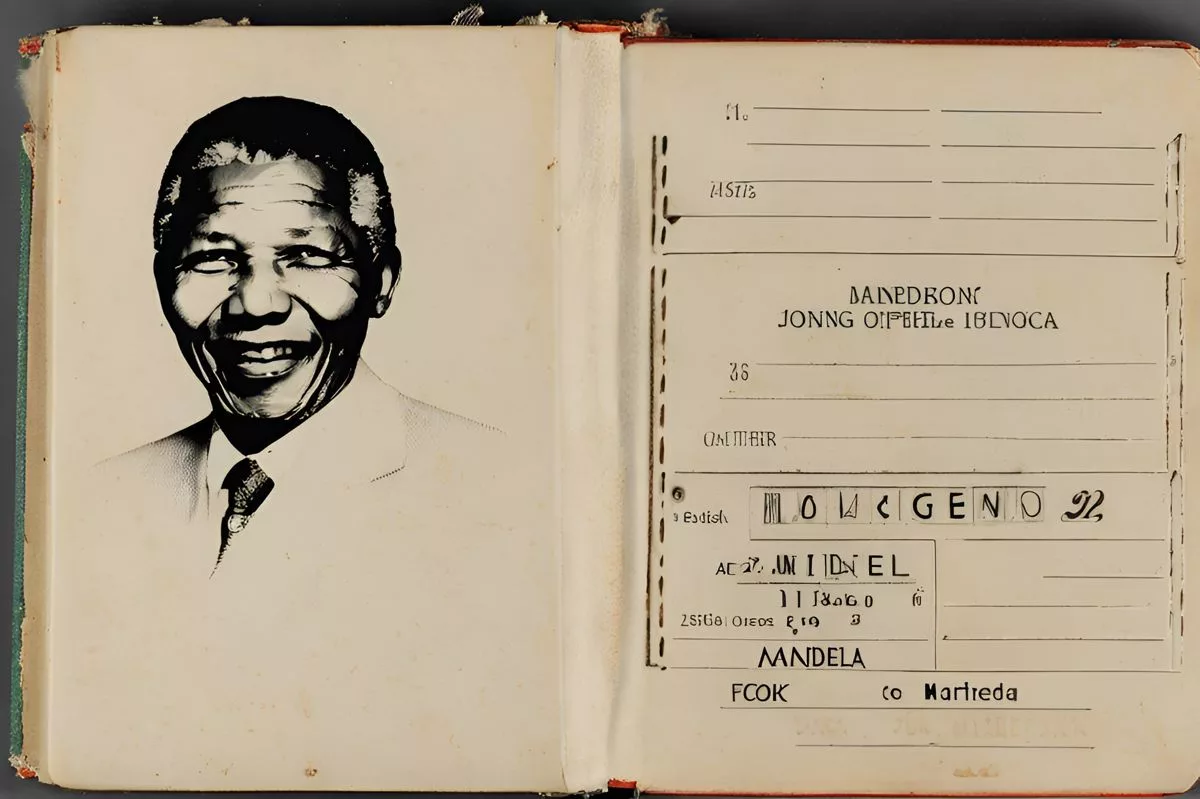The South African Heritage Resources Agency (SAHRA) is objecting to the sale of Nelson Mandela’s personal possessions due to their cultural significance to South Africa’s national heritage. As an integral part of the country’s cultural identity, Mandela’s life achievements and experiences continue to inspire future generations. The legal battle highlights the conflict between cultural preservation and commercial exploitation, and the outcome could potentially create a benchmark for future cases where cultural heritage clashes with business interests. The struggle is a fight for national pride, heritage, and the enduring legacy of a man who revolutionized a nation.
Why is SAHRA objecting to the sale of Mandela’s possessions?
SAHRA is objecting to the sale of Mandela’s possessions due to their cultural significance and importance to South Africa’s national heritage. Mandela, considered an integral part of the country’s cultural identity, personifies the virtues endorsed by the nation. SAHRA aims to preserve Mandela’s legacy and ensure his life achievements and experiences continue to inspire future generations. The legal battle over Mandela’s personal effects reflects a larger global trend prioritizing cultural preservation over commercial exploitation.
In the heart of South Africa, a legal battle is currently raging regarding the planned auctioning of personal articles once owned by the nation’s revered leader, Nelson Mandela. The South African Heritage Resources Agency (SAHRA), is the leading force in this legal tussle, striving to ensure that Mandela’s valued possessions stay within the national boundaries.
SAHRA, steadfast in its resolve to protect South Africa’s abundant cultural heritage, has raised an objection against a High Court ruling that greenlights the sale of Mandela’s possessions. The auction, slated for February 22nd by Guernsey’s, a renowned auction company based in New York, features Mandela’s primary identification document, a selection of his renowned shirts, his walking cane, and presents he received.
Mandela: An Integral Part of South African Heritage
Nelson Mandela, endearingly referred to as Madiba, is deeply ingrained in the cultural identity of South Africa. His life journey, experiences, and enduring legacy are intricately interwoven into the nation’s character. Mandela personifies the virtues endorsed by the country, with his life accomplishments and experiences forming the backbone of South Africa’s cultural narrative.
Vuyani Ngalwana, the acting judge at the High Court in Pretoria, described the case by SAHRA as a “last-ditch effort”. Nevertheless, the agency remains steadfast, highlighting the importance of examining the legality and implications of the upcoming auction. SAHRA, alongside the Department and the Robben Island Museum, is scrutinizing all possible solutions to the dilemma.
A Call for Preservation and Legacy
Aligning with SAHRA’s objective, the Minister of Sport, Arts, and Culture, Zizi Kodwa, conveyed his support. Kodwa emphasized the significance of preserving Mandela’s legacy within South Africa for forthcoming generations. He underlined Mandela’s belongings’ crucial role in preserving the rich national heritage and their importance as tangible connections to the country’s history.
Echoing similar sentiments, Kodwa stated, “Ex-president Nelson Mandela is crucial to the heritage of South Africa. His life, experiences, and legacy continue to shape our national consciousness and the values we promote. It is therefore key that we safeguard the legacy of ex-president Mandela and ensure his life achievements and experiences continue to inspire future generations.”
More than a Legal Battle: A Fight for National Pride and Heritage
This scenario extends beyond legalities to a question of national pride and heritage. Mandela, the architect of South Africa’s democracy and a symbol of cultural diversity, should neither be forgotten nor have his legacy exported. As Kodwa aptly highlighted, the importance of narrating and preserving our stories cannot be overemphasized, as it serves to enrich our heritage.
The Constant Tension: Commodification vs Preservation
The legal tug of war surrounding Mandela’s personal effects brings to light the perpetual conflict between the commodification of historical objects and the preservation of national heritage. It is a narrative that echoes globally, as nations wrestle with the sale and export of culturally significant goods.
The struggle is waged in legal chambers and international platforms, as nations strive to affirm their cultural autonomy and shield their heritage from being reduced to mere trade goods. The outcome of this lawsuit could potentially create a benchmark for future situations where cultural heritage clashes with business interests.
Concluding Remarks: Beyond an Auction
In conclusion, the legal battle over Mandela’s personal effects transcends a mere auction. It is a struggle over heritage, identity, and the enduring legacy of a man who revolutionized a nation. This legal tussle mirrors a larger global trend that prioritizes cultural preservation over commercial exploitation. As the legal battle unfolds, the hope remains that Madiba’s legacy and the legacies of others who have sculpted South Africa will be safeguarded for future generations.
1. Why is SAHRA objecting to the sale of Mandela’s possessions?
SAHRA is objecting to the sale of Mandela’s possessions due to their cultural significance and importance to South Africa’s national heritage. Mandela, considered an integral part of the country’s cultural identity, personifies the virtues endorsed by the nation.
2. What is the legal battle over Mandela’s personal effects about?
The legal battle highlights the conflict between cultural preservation and commercial exploitation. The outcome could potentially create a benchmark for future cases where cultural heritage clashes with business interests.
3. Who is supporting SAHRA’s objective?
The Minister of Sport, Arts, and Culture, Zizi Kodwa, conveyed his support for preserving Mandela’s legacy within South Africa for forthcoming generations. He underlined Mandela’s belongings’ crucial role in preserving the rich national heritage and their importance as tangible connections to the country’s history.
4. What does the legal battle over Mandela’s possessions represent?
The legal tug of war surrounding Mandela’s personal effects brings to light the perpetual conflict between the commodification of historical objects and the preservation of national heritage. It is a narrative that echoes globally, as nations wrestle with the sale and export of culturally significant goods.
5. What is at stake in this legal scenario?
This scenario extends beyond legalities to a question of national pride and heritage. Mandela, the architect of South Africa’s democracy and a symbol of cultural diversity, should neither be forgotten nor have his legacy exported. The importance of narrating and preserving stories cannot be overemphasized as it serves to enrich our heritage.
6. What is the hope for Madiba’s legacy and others who have sculpted South Africa?
As the legal battle unfolds, the hope remains that Madiba’s legacy and the legacies of others who have sculpted South Africa will be safeguarded for future generations. The legal tussle mirrors a larger global trend that prioritizes cultural preservation over commercial exploitation.











